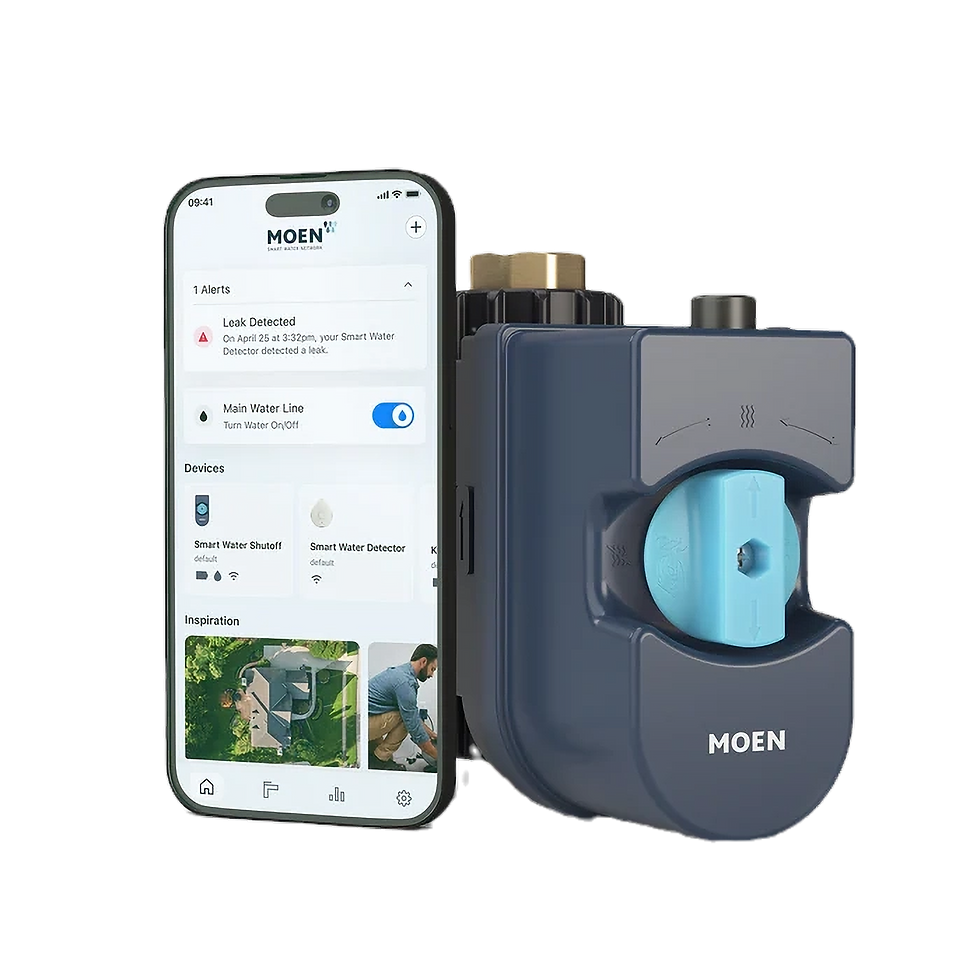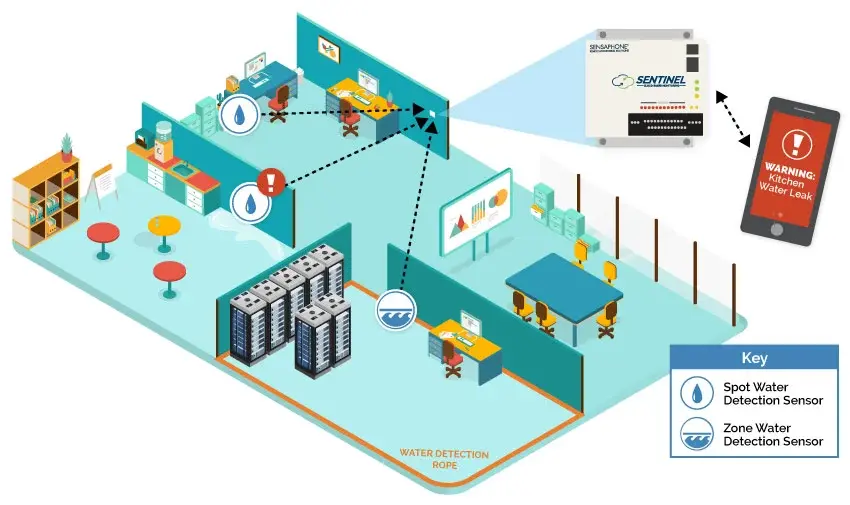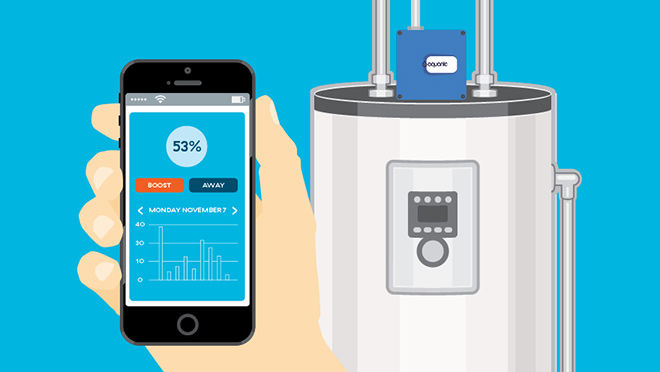What Can Smart Technology Mean for the Future of Plumbing in Your Home?
- Anton Radlein
- Mar 21
- 4 min read
As technology continues to evolve, it significantly transforms how we manage everyday tasks, and plumbing is no exception. Smart technology is reshaping our plumbing systems, providing levels of efficiency and convenience never seen before. Homeowners, renters, property managers, and AirBNB owners can all benefit from these advancements. This blog post will explore how smart technology is revolutionizing plumbing and what it means for your home.
The Rise of Smart Technology
Smart technology is everywhere, from the smartphones in our pockets to the appliances in our kitchens. In the plumbing industry, the Internet of Things (IoT) plays a crucial role. This technology allows devices to communicate, making homes more interconnected. According to a report by Statista, the global smart home market is projected to reach over $135 billion by 2025. This growing trend in smart plumbing devices reflects a shift towards efficiency, waste reduction, and improved diagnostics.
Homeowners are looking for ways to reduce water usage. In fact, a study by the EPA found that the average American household uses about 300 gallons of water per day. Smart plumbing solutions tackle this need head-on.

Monitoring Water Usage
One major benefit of smart plumbing is real-time water usage monitoring. Smart water meters can track your water consumption down to the gallon. For instance, fixtures equipped with smart technology can report daily usage, allowing you to see the total water used per week or month. These devices alert you to unusual spikes indicating leaks or excessive consumption.
The savings can be substantial. By monitoring water usage, families have reportedly reduced their water bills by 20% on average, according to a study by the Water Research Foundation. This proactive approach not only saves you money but also helps protect your home from possible water damage.
Leak Detection Systems
Leaking pipes can be disastrous for homeowners. Smart leak detection systems are changing how we deal with plumbing failures. These systems use sensors strategically placed in high-risk areas like under sinks and near water heaters. For instance, devices can send a smartphone alert at the first sign of moisture.
This immediate awareness can save you from extensive repair costs. According to the Insurance Information Institute, average costs for water damage and related repairs can exceed $20,000. Detecting leaks early significantly reduces the likelihood of such expenses.

Smart Water Heaters
Traditional water heaters often waste energy, as they operate on fixed schedules. Smart water heaters have changed this pattern by learning your family's routines. They optimize heating schedules based on when you typically need hot water.
Some models allow you to adjust settings remotely through a mobile app. For example, if you know you will be away for a few days, you can lower the temperature to conserve energy. Studies have shown that smart water heaters can cut energy costs by up to 15%.
The Role of AI in Plumbing
Artificial intelligence is becoming essential in plumbing. By using predictive analytics, smart plumbing systems can identify potential issues before they become major problems. For instance, AI can analyze your water usage patterns over time. If it detects irregularities, such as a sudden drop in pressure, it can alert you to inspect your system.
Such predictive maintenance not only helps avoid costly repairs but can extend the life of your plumbing components. Utilizing AI for water management can lead to significant savings—some property owners report reductions of 30% in bathroom water usage.

Energy Efficiency and Sustainability
As sustainability becomes more critical, smart plumbing systems are stepping up. Energy-efficient devices minimize energy use while still providing high performance. For instance, smart irrigation systems adjust watering based on real-time weather conditions, ensuring that your garden receives only what it needs without wasting water.
Moreover, smart faucets equipped with motion sensors can reduce water waste by up to 70%. These features appeal to environmentally-conscious homeowners looking to incorporate green technology.
Smart Appliances and Connected Systems
The future of plumbing involves a seamless connection between various smart home technologies. Appliances like dishwashers and washing machines can synchronize with your plumbing system. For example, a smart dishwasher might delay its cycle during peak water usage times, saving both water and energy.
This interconnectivity leads to a holistic home environment. When appliances work together efficiently, families can enjoy significant savings on utility bills while enhancing their comfort.
Looking Ahead: Embracing Smart Plumbing
The future of plumbing looks bright with smart technology growing ever more prevalent. Homeowners, renters, property managers, and AirBNB hosts can reap the benefits of intelligent systems that monitor water usage, detect leaks, and optimize efficiency.
Investing in smart plumbing solutions not only protects your property but also promotes a more sustainable lifestyle. As technology continues to improve, the opportunities for enhanced plumbing systems will expand. Embracing these innovations today sets the stage for a smarter, more efficient tomorrow.
So, are you ready to incorporate smart technology into your plumbing systems?


Comentarios